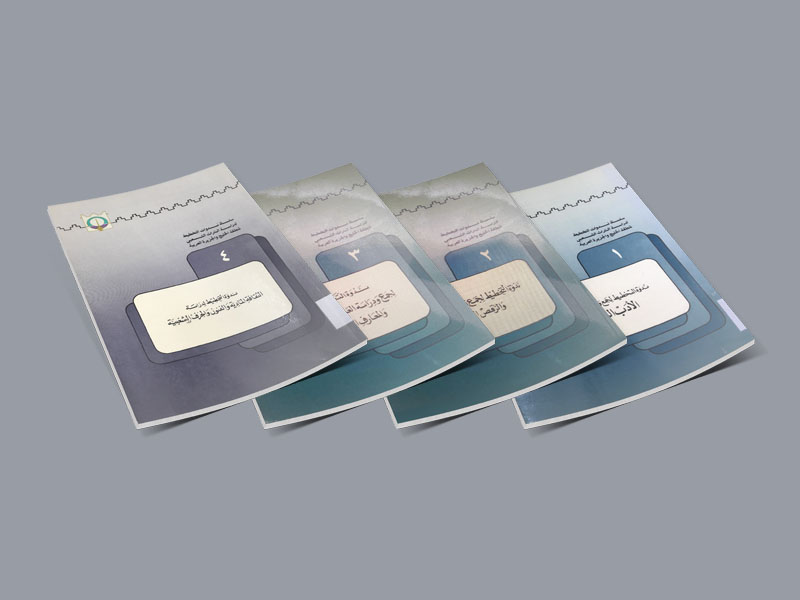A Word from the Editor: Remembering Lessons and Facts
Issue 51

Recently, we were contacted by a wise Arab academic who was appointed to a new official body in order to collect folklore in his country. He asked us where and how he should start, and whether there are any helpful manuals and books. He asked us to suggest experts to assist him. He wants to make specialists in the folklore sciences responsible for implementation while he devotes himself to administration.
We were very pleased to learn that an Arab country is interested in folk culture and that it has established this new organisation. It is also admirable that an academic was appointed. We understand that this young man is taking on a great responsibility by undertaking arduous fieldwork that may exceed his skills and academic aspirations, and we appreciate his integrity and eagerness to follow the right path in the interests of a noble science that is supported by multiple humanitarian disciplines.
We remembered all the steps required when collecting heritage materials and reminisced about lessons and reference titles. We recalled the names of scholars, researchers, fieldworkers, guides and narrative specialists who experienced the environments, circumstances, problems, interference and personal issues in different Arab countries.
Every field is subject to conditions and problems that can hinder serious work. In the field of folklore, most people claim ownership of great knowledge and feel entitled to judge. What this field needs is dedicated work in the service of God and nation. If such work is subject to favouritism, profit and competition in the interest of personal gains, it will encounter setbacks and fail; we have observed this in most Arab countries.
Although libraries house vast amounts of theoretical literature by pioneers in heritage and folk culture, there is no reliable scientific evidence that helps to teach the foundations of field collection and the requirements for dealing with narrators. There is also a great deficiency in the methods for recording folkloric material in light of changes, developments and modern technology; this literature is quite rare because the world has completed the collection and documentation phases.
It is very important to establish a local field collection team that receives expert training in methodology, and to start attracting local researchers and encouraging them to work in the field.
It is imperative that we recognise the changes to which heritage is subject over time. It is true that folklore materials are living materials that are passed down from one generation to the next, but people add to and change heritage based on their surroundings and circumstances. For example, the material collected in the 1950s is not exactly the same as that collected in the 1970s. We are now working to refine these materials. There is nothing wrong with doing so, provided it is done scientifically.
When it first opened in the early 1980s, the Arab Gulf States Folklore Centre published four important books that are available in all national libraries in GCC countries. These books include the working papers and studies that experts from the East and West presented at the Centre’s four international planning seminars for the collection, codification, verification and preservation of folklore. These studies used scientific approaches to define concepts, terms, theories and approaches when collecting, classifying and documenting four main themes in Arab folklore – folk literature, which includes stories, poems, zajal, mawwal and proverbs; music, singing, the performance of movements, and games; customs, traditions and beliefs; and material culture, crafts and traditional industries. These themes are classified by land or desert environment, marine or coastal environment, rural or mountain environment, and the newly added city environment.
There is a lot that needs to be said about starting to collect heritage material, but the most important thing is for field researchers to collect material under the guidance of experts. We should also avoid offering monetary rewards to narrators so that narrated heritage materials do not become a commodity that narrators exchange or trade; this is one of the most dangerous pitfalls encountered in previous efforts.
May God help you, prudent academic! Our hearts are with you, and we pray for the success of your endeavours. We welcome you, and the Folk Culture Archive for Studies, Research and Publishing in the Kingdom of Bahrain will support your efforts.
Ali Abdullah Khalifa
Editor-in-Chief







































































